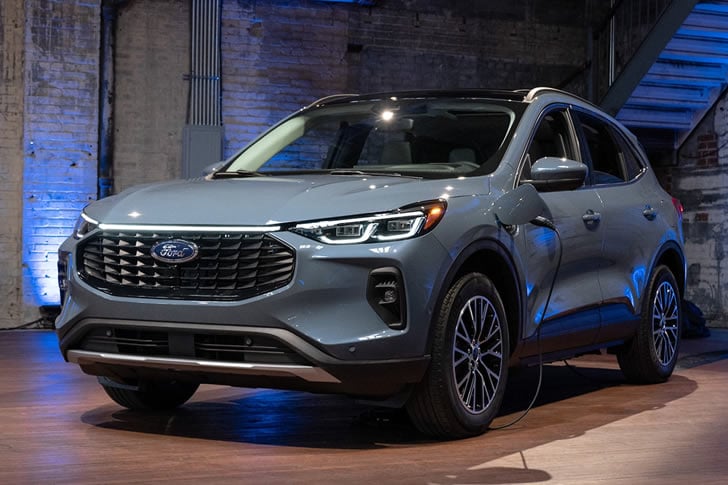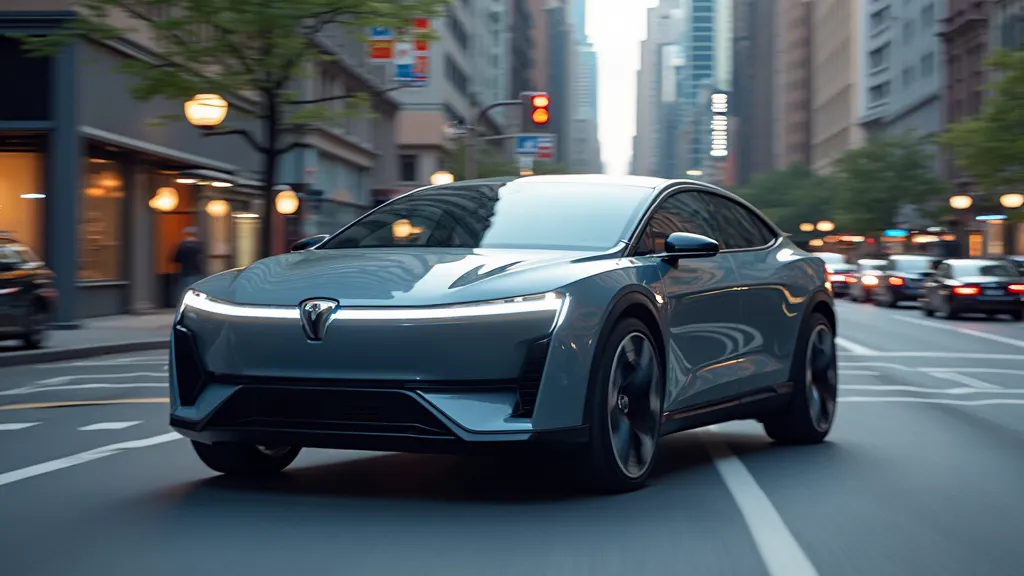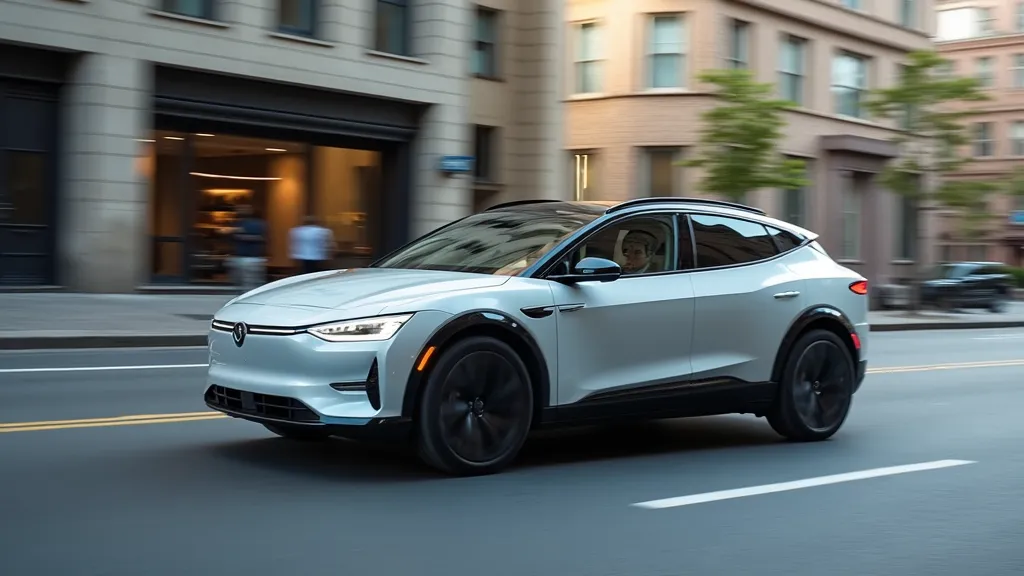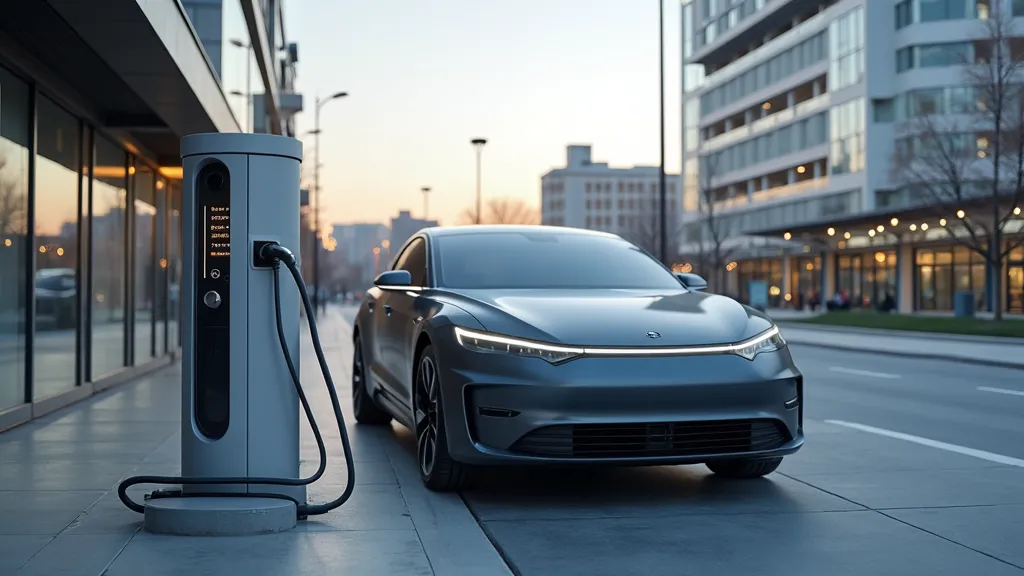Navigating the Electric Vehicle Market: Price and Range Considerations
When buying an electric vehicle, understanding the price and range factors is crucial. This guide will help you make an informed decision.

Understanding Electric Vehicle Price and Range
With the increasing trend toward sustainable living, electric vehicles (EVs) have become a popular choice among consumers. However, purchasing an EV can be a significant investment, and two primary considerations—price and range—should be at the forefront of your decision-making process. This article will provide tips and advice on navigating these factors effectively.
The Importance of Price in Your Decision
Initial Cost vs. Lifetime Savings
When considering an EV, it’s crucial to weigh the initial purchase price against potential lifetime savings. While the upfront cost of an electric vehicle may be higher than that of a traditional gasoline vehicle, EVs often come with lower operating costs. Factors such as reduced fuel expenses, lower maintenance costs, and potential tax incentives can contribute to significant savings over time.
Budget-Friendly Options
For those on a tighter budget, there are several affordable EV options available. Many manufacturers now offer entry-level models that provide a good balance of price, range, and features. Researching available incentives, such as federal tax credits or state rebates, can also help make EV ownership more accessible.
Range: Miles Per Charge
Determining Your Range Needs
Understanding your daily driving habits is essential when evaluating the range of an electric vehicle. Consider how far you typically drive each day and whether you often take longer trips. This will help you determine the minimum range you need from an EV to ensure it fits your lifestyle.
Battery Capacity and Expectations
The range of an EV is largely determined by its battery capacity, measured in kilowatt-hours (kWh). Generally, a higher kWh rating translates to a longer range. However, it’s important to note that real-world range can vary based on driving conditions, weather, and driving style. Familiarizing yourself with the specific range ratings of different models can help you set realistic expectations.
Balancing Price and Range
Trade-offs and Compromises
Finding the right balance between price and range may require some compromises. For instance, a more affordable EV may have a shorter range, which could be suitable for city driving but less ideal for long commutes. Conversely, investing in a higher-priced model with an extended range may provide peace of mind for those who frequently travel longer distances.
Lease or Finance Options
Leasing an EV can be a viable alternative to purchasing, especially for those who want to drive a new model every few years without the long-term commitment. Leasing often comes with lower monthly payments, making it easier to afford a vehicle with a higher range. Financing options can also help spread the cost of an EV over time, making it more manageable.
Charging Infrastructure
Home Charging Solutions
Installing a home charging station can significantly enhance the convenience of owning an EV. This allows you to charge your vehicle overnight, ensuring it’s ready for use each day. Consider the costs associated with installation and whether your home’s electrical system can support a charging station.
Public Charging Networks
Understanding the availability of public charging stations in your area and along your typical routes is essential. Many apps and websites provide maps of charging networks, helping you plan longer trips and avoid range anxiety. Look for EVs that are compatible with a wide range of charging networks to maximize convenience.
Tips for Maximizing EV Efficiency
Driving Habits
Adopting energy-efficient driving habits can extend the range of your EV. Smooth acceleration, maintaining a steady speed, and minimizing rapid braking can all contribute to better energy consumption.
Regular Maintenance
While EVs generally require less maintenance than traditional vehicles, regular checks on tire pressure, brake systems, and software updates can help maintain efficiency and performance.
Energy-Saving Features
Many modern EVs come equipped with energy-saving features such as regenerative braking and eco-driving modes. Familiarizing yourself with these features can help you maximize your vehicle’s efficiency.
Future-Proofing Your Purchase
Advances in Battery Technology
The EV market is rapidly evolving, with advancements in battery technology leading to longer ranges and shorter charging times. Staying informed about these developments can help you make a more future-proof purchase.
Resale Value
As the market for electric vehicles grows, so does their resale value. Researching the expected depreciation rates of different models can help you make a more informed decision regarding your investment.
Conclusion
Navigating the electric vehicle market requires a careful balance of price and range considerations. By understanding your driving needs, leveraging incentives, and staying informed about advancements, you can make a smart, sustainable choice tailored to your lifestyle. Whether you’re leaning toward a budget-friendly option or a premium model, the perfect EV is out there waiting for you.










